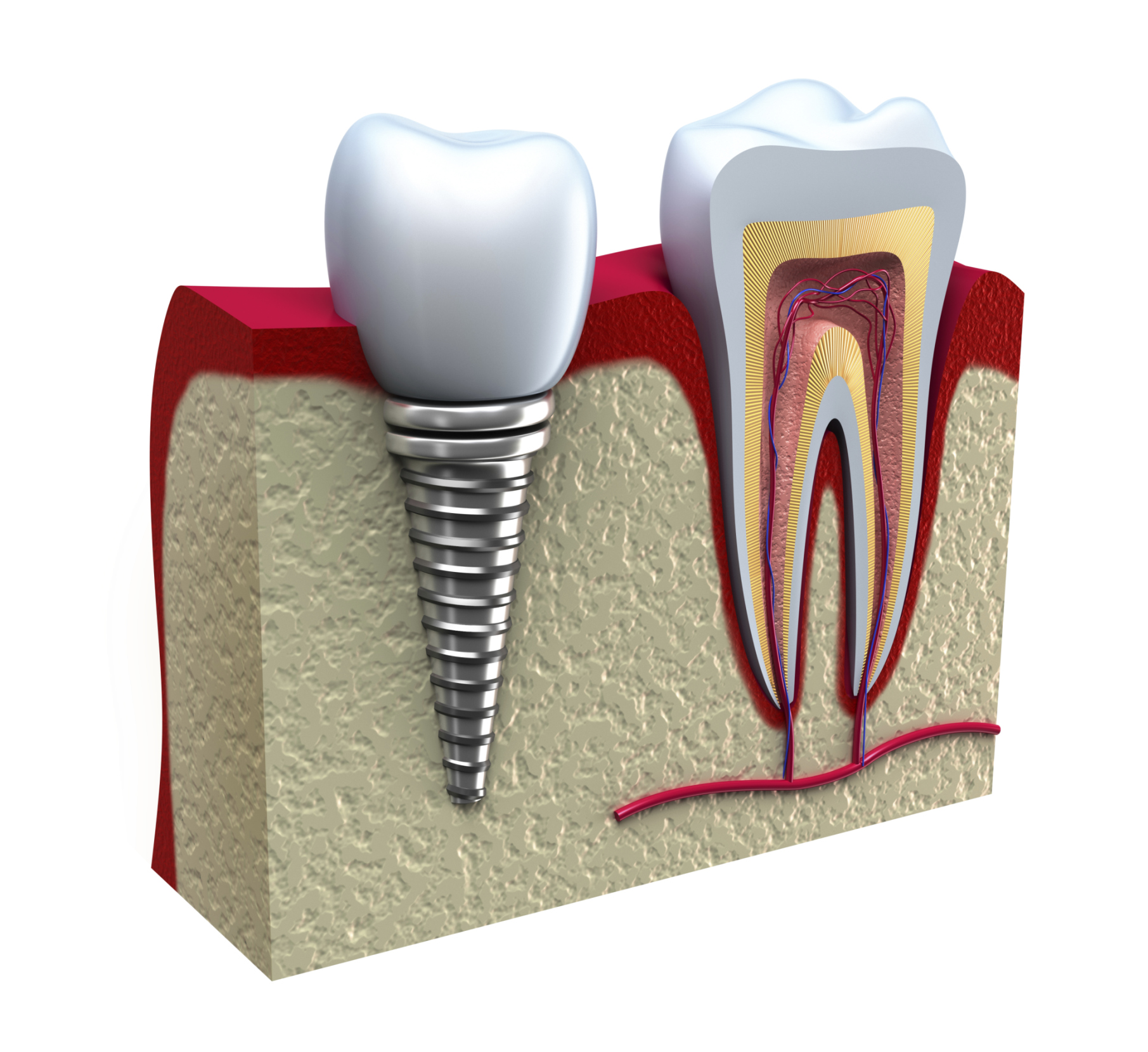Losing a tooth can significantly impact your oral health, appearance, and self-confidence. Fortunately, modern dentistry offers several solutions for replacing missing teeth, with dental implants and bridges being two of the most popular options. Understanding the differences between these treatments can help you make an informed decision about which is best for your needs.
Dental Implants
Dental implants are a long-lasting and highly effective solution for replacing missing teeth. They consist of a titanium post that is surgically inserted into the jawbone, serving as a root for the replacement tooth. Once the implant has fused with the bone, a crown is attached to the post, completing the restoration.
Advantages of Dental Implants:
- Durability: Implants can last a lifetime with proper care, making them a cost-effective solution in the long run.
- Natural Appearance and Function: Implants closely mimic natural teeth in both appearance and function, providing excellent stability for chewing and speaking.
- Bone Preservation: The implant stimulates the jawbone, preventing bone loss that often occurs with missing teeth.
- No Impact on Adjacent Teeth: Unlike bridges, implants do not require the alteration of neighboring teeth.
Disadvantages of Dental Implants:
- Cost: Implants are typically more expensive upfront compared to bridges.
- Surgical Procedure: The implant process requires surgery, which involves a recovery period and potential risks.
Dental Bridges
Dental bridges are non-surgical solutions for replacing one or more missing teeth. They consist of one or more artificial teeth (pontics) that are anchored by crowns on the adjacent natural teeth or implants. Bridges can be made from various materials, including porcelain, metal, or a combination of both.
Advantages of Dental Bridges:
- Quicker Process: The placement of a bridge usually takes only a few dental visits, making it a faster solution than implants.
- Cost-Effective: Bridges generally have a lower initial cost compared to implants.
- Non-Surgical: Bridges do not require surgery, making them a less invasive option.
Disadvantages of Dental Bridges:
- Impact on Adjacent Teeth: The adjacent teeth must be filed down to support the bridge, which can weaken them.
- Bone Loss: Unlike implants, bridges do not stimulate the jawbone, potentially leading to bone loss over time.
- Durability: Bridges typically last 10-15 years, which is less than the lifespan of implants.
Both dental implants and bridges have their unique advantages and considerations. Dental implants offer a more durable and natural-looking solution, but they come with a higher cost and require surgery. Bridges, on the other hand, provide a quicker and less invasive option, though they may impact adjacent teeth and have a shorter lifespan. Consulting with your dentist can help determine the best choice based on your oral health, budget, and personal preferences.
Interested in learning more? Call to schedule an appointment today at 702-735-2755 or visit us online at www.patricksimonedds.com today.
Dr. Patrick Simone proudly serves patients from Henderson and all surrounding areas.

